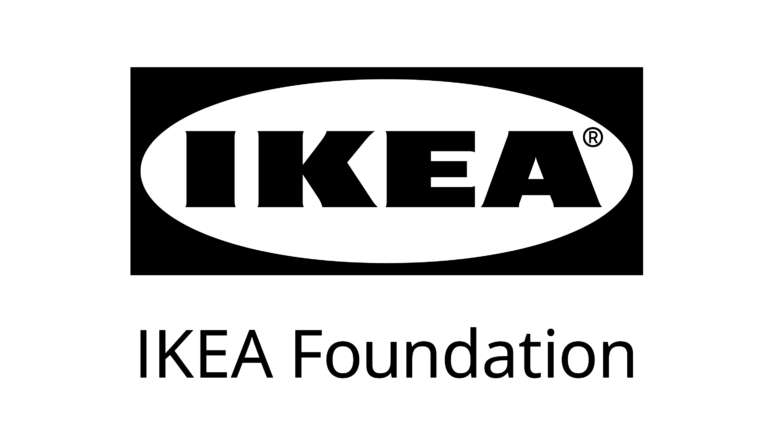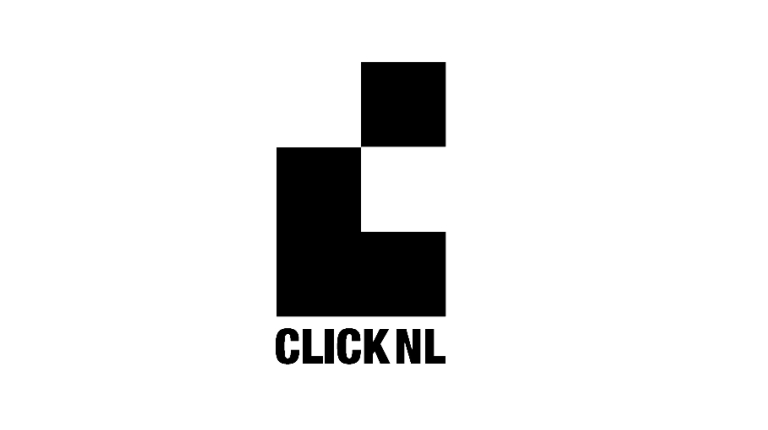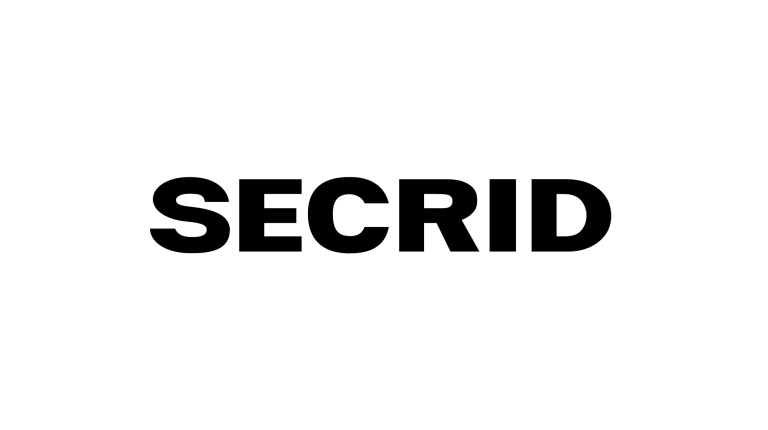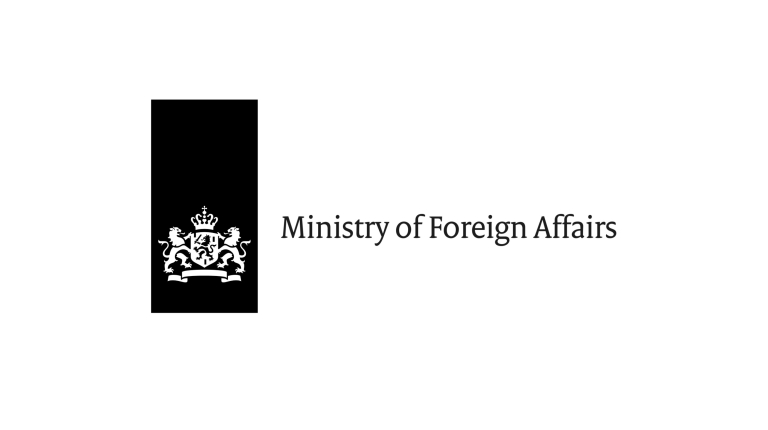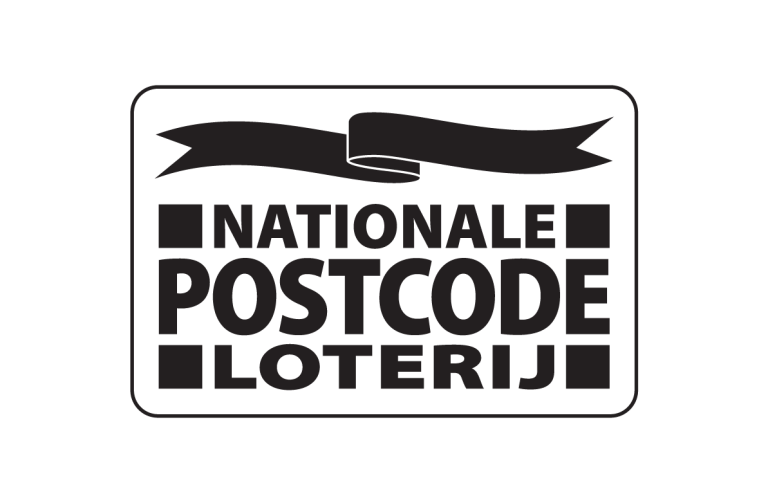Chicoco Radio
Nigeria | Comms
Chicoco Radio is a floating radio station built by the people of Port Harcourt’s waterfront slums. Nearly 84% of the adult population of this coastal region are radio listeners, however, the voices, priorities and perspectives of those who are most vulnerable are often under-represented in mainstream media. Chicoco Radio shares with local residents the technology, skills and confidence to actively participate in researching and creating programmes that address the issues that matter most to them: from poor governance and rampant corruption, to rising sea levels and plastic pollution. Chicoco Radio is also a part of NLÉ‘s African Water Cities project, which investigates the intersection of rapid urbanisation and climate change in the continent’s waterfront communities.
Photo: Chicoco Radio.







